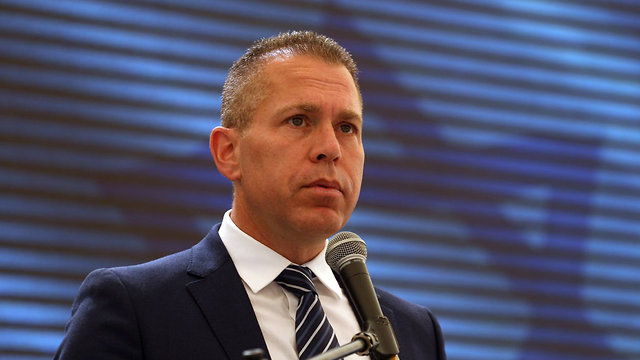
Justice Minister Ayelet Shaked and Deputy Chief Justice Hanan Melcer also joined the meeting.
According to the Prime Minister's Office "the different positions were heard, and there was an in-depth and serious discussion."

The bill, also known as a notwithstanding clause, is intended to bypass the High Court of Justice's rulings with the approval of a simple majority of 61 members of Knesset (out of 120).
Despite the meeting with Hayut, Shaked, who is promoting the controversial bill together with Minister Naftali Bennett, still intends to bring the bill proposal to a vote at the Ministerial Committee for Legislation next Sunday.
While the High Court may be amenable to the law that overrides its rulings on the proviso that such a move garners a majority of at least 80 MKs, Hayut may be willing to compromise and consent to a required majority of 75 MKs. The Likud and Kulanu parties agree on a majority of 65 MKs. Attorney General Avichai Mandelblit, meanwhile, proposed a version of the bill that requires a 70 MKs majority.
Public Security Minister Gilad Erdan expressed reservations to Mandelblit's proposal. "The members of Knesset are the ones who are elected to pass laws in the State of Israel," Erdan told Ynet in an interview on Sunday.
"I think a 70 MKs majority would create a situation in which we would never be able to pass a law after the High Court intervened in the Knesset's legislation. I think (a majority of) between 61 and 65 MKs definitely expresses a significant majority in the Knesset, which represents the majority of the public."
The override power initiative became a top priority for nationalist lawmakers following the uncertainty over the fate of illegal African migrants in the aftermath of a series of failed deals for their deportation.
"If the majority of the Knesset, which represents the majority of the public, determines that the rights of south Tel Aviv residents come before the rights of the infiltrators, this needs to be represented," Erdan asserted.
He went on to suggest going to elections over this matter would be justified. "If there is a topic we should go and ask the people in an election, this is exactly one such topic: our ability to fulfill our mission," Erdan said.
The public security minister also slammed "the scare campaign in the media, which claims the override power will hurt human rights."
"There is no basis to that," he insisted. "What it comes down to is determining between one type of rights and another. When the court favors the infiltrators' rights, it hurts the rights of the south Tel Aviv residents. It is the Knesset that passes time and again laws that defend the weak and human rights."
 |
Alexandra Lukash and Nir Cohen contributed to this story.

















